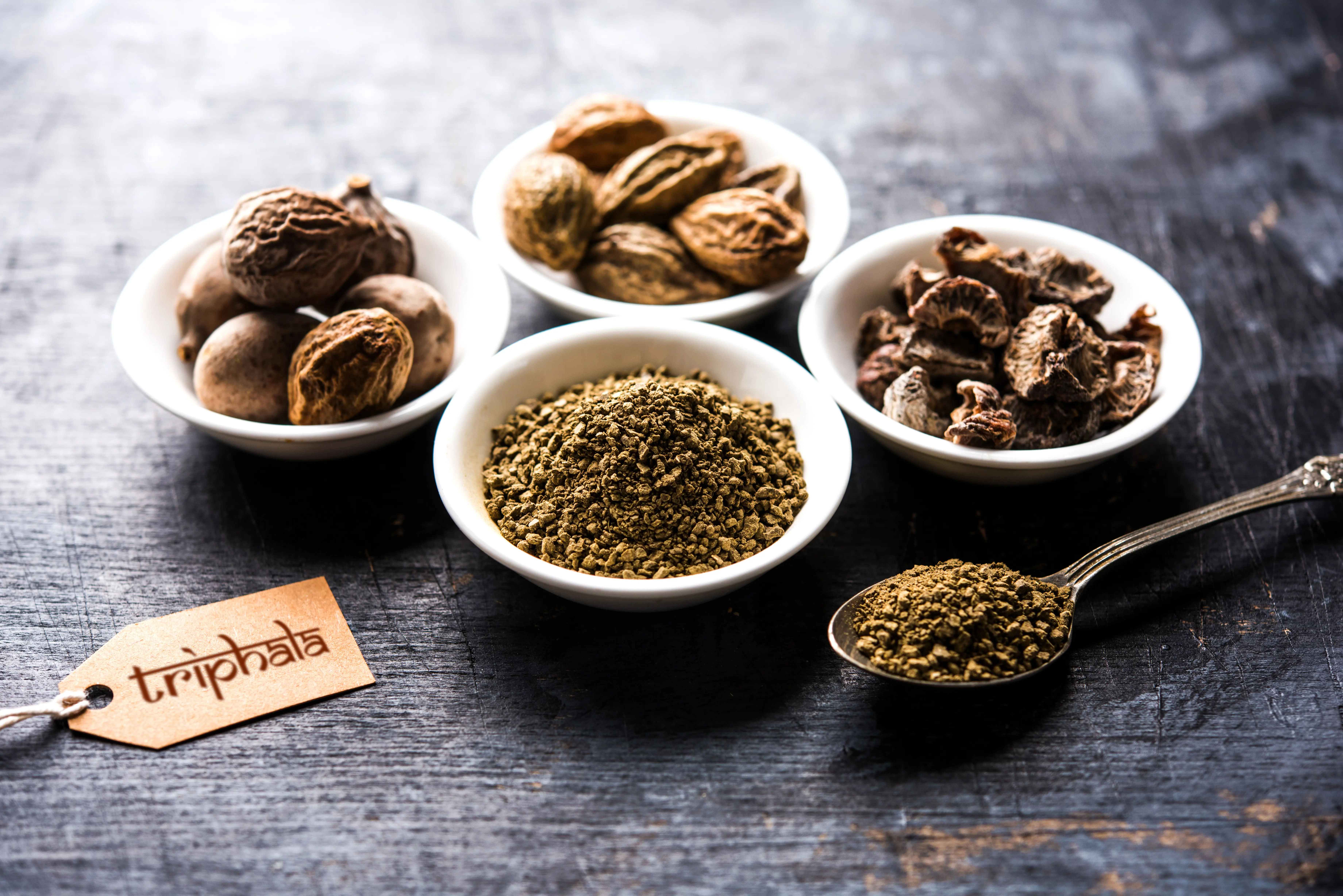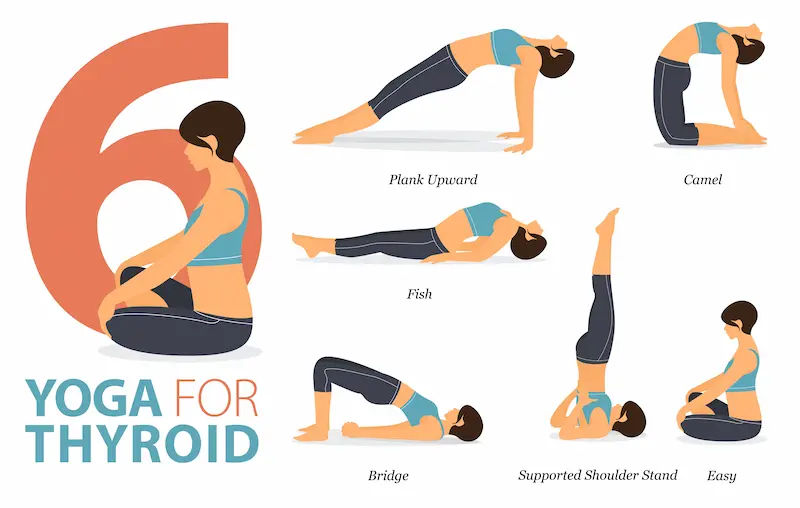How to Get a Fast Metabolism: Science-Backed Strategies
Discover some science-backed strategies to speed up your metabolism, from diet and exercise tips to lifestyle shifts that help boost energy and support healthy weight management.

Written by Dr. J T Hema Pratima
Reviewed by Dr. Shaik Abdul Kalam MD (Physician)
Last updated on 13th Jan, 2026

Introduction
Ever looked at someone who seems to eat anything they want without gaining weight and wondered, "What's their secret?" Often, the answer lies in their metabolism—the intricate engine inside every cell that converts food into energy. A fast metabolism means this engine is efficient, burning calories at a higher rate even at rest. While genetics play a role, your metabolic rate is not a fixed destiny. It's a dynamic system profoundly influenced by your daily habits. This article cuts through the noise to give you some actionable, science-backed ways to boost your metabolism. We'll explore the power of specific foods, the most effective exercises, and crucial lifestyle shifts that can help you transform your body into a more efficient calorie-burning machine, supporting weight management and skyrocketing your energy levels.
What Exactly Is Metabolism, Anyway?
Before we dive into the "how," it's essential to understand the "what." Metabolism isn't a single organ or switch; it's the sum of all chemical processes that sustain life. Your Total Daily Energy Expenditure (TDEE) is primarily composed of three parts.
Basal Metabolic Rate (BMR): Your Body's Idle Speed
Your BMR is the number of calories your body needs to perform basic life-sustaining functions like breathing, circulating blood, and cell repair while at complete rest. It accounts for a whopping 60-75% of the total calories you burn each day. Factors like age, sex, genetics, and most importantly, body composition (amount of muscle vs. fat), determine your BMR.
The Thermic Effect of Food (TEF)
TEF is the energy required to digest, absorb, and process the nutrients from your food. It makes up about 10% of your TDEE. Not all foods are created equal here. Protein, for instance, has a much higher thermic effect (20-30%) compared to carbs (5-10%) or fats (0-3%), meaning you burn more calories just by processing it.
Activity Energy Expenditure (AEE)
This is the energy you burn through movement, which includes both structured exercise and all the little movements you make throughout the day (walking to your car, fidgeting, taking the stairs). This is the most variable component of your metabolism.
Dietary Power-Ups: Fuel for a Faster Metabolic Fire
What you eat directly influences how efficiently your metabolic engine runs. Here’s how to optimise your diet.
Prioritise Protein at Every Meal
As mentioned, protein has the highest thermic effect, temporarily boosting your metabolic rate by 15-30%. Furthermore, protein is essential for building and preserving calorie-hungry muscle mass. A study published in the Journal of the American College of Nutrition found that a high-protein diet increased energy expenditure and promoted satiety compared to a lower-protein diet. Aim for a source of lean protein, chicken, fish, tofu, lentils, Greek yoghurt, with each meal.Consult a Specialist for Personalised Advice
Embrace the Power of Spicy Foods
Capsaicin, the compound that gives chilli peppers their kick, can give your metabolism a slight, temporary boost. Research suggests it may increase calorie burning by about 50 calories per day. While not a magic bullet, incorporating spices like cayenne pepper, ginger, and turmeric can add a flavourful metabolism booster to your meals.
Stay Hydrated with Cold Water
Drinking water can speed up your metabolism. Studies show that drinking 0.5 litres of water increases metabolic rate by 10-30% for about an hour. The effect is even greater if the water is cold, as your body uses energy to heat it to body temperature. Aim to stay consistently hydrated throughout the day.
Sip on Green Tea or Coffee
Green tea contains caffeine and catechins, notably epigallocatechin gallate (EGCG). Together, these compounds can enhance fat burning and slightly increase metabolic rate, particularly during exercise. Coffee’s caffeine content can also stimulate your nervous system and signal fat cells to break down body fat.
Don't Fear Healthy Fats
While low-fat diets were once trendy, we now know that healthy fats are crucial for hormonal function, including the production of hormones that regulate metabolism. Sources like avocados, nuts, seeds, and olive oil support a healthy metabolic balance and keep you feeling full.
Exercise & Movement: The Metabolic Afterburner
If diet stokes the metabolic fire, exercise is the bellows that makes it roar. The right kind of movement has a powerful and lasting impact.
Build Metabolic Machinery with Strength Training
Muscle tissue is metabolically active. This means that at rest, a pound of muscle burns more calories than a pound of fat. Strength training is the most effective way to build this muscle. By increasing your muscle mass, you effectively raise your Basal Metabolic Rate (BMR), turning your body into a more efficient calorie-burning machine 24/7.
Ignite Your Engine with HIIT Workouts
High-Intensity Interval Training (HIIT) involves short bursts of all-out effort followed by brief recovery periods. The magic of HIIT lies in "Excess Post-Exercise Oxygen Consumption" (EPOC)—or the "afterburn effect." After a HIIT session, your body continues to burn calories at an elevated rate for hours as it works to repair muscle and restore itself to a resting state.
Move Consistently Throughout the Day (NEAT)
Non-Exercise Activity Thermogenesis (NEAT) is the energy expended for everything you do that is not sleeping, eating, or sports-like exercise. This includes walking, typing, gardening, and even fidgeting. For many, NEAT accounts for a significant portion of daily calorie burn. Simple habits like taking walking meetings, using a standing desk, or parking farther away can significantly contribute to your overall metabolic rate.
Lifestyle Tweaks: The Foundation of Metabolic Health
Your daily routines outside the gym and kitchen are the bedrock of a healthy metabolism.
Prioritise High-Quality Sleep
Skimping on sleep is a surefire way to sabotage your metabolism. Poor sleep is linked to hormonal imbalances: it increases ghrelin (the hunger hormone) and decreases leptin (the satiety hormone), leading to increased cravings. It also can disrupt your body's ability to process sugars efficiently. Aim for 7-9 hours of quality sleep per night.
Actively Manage Your Stress Levels
When you're chronically stressed, your body produces high levels of the hormone cortisol. Elevated cortisol can stimulate your appetite, drive cravings for sugary and fatty foods, and encourage your body to store fat, particularly in the abdominal area. Incorporating stress-reduction techniques like meditation, yoga, or even daily walks is crucial for metabolic health.
Avoid Crash Dieting and Severe Calorie Restriction
This is critical. When you drastically slash your calorie intake, your body perceives it as a threat and goes into "starvation mode." To conserve energy, it slows down your BMR. You might lose weight initially, but much of it will be from muscle loss, which further lowers your metabolism, making it easier to regain the weight once you stop dieting. If you have a history of yo-yo dieting and are struggling to find a balanced approach, consulting a nutritionist can be helpful. You can consult a doctor online with Apollo24|7 to get connected with a qualified nutrition expert who can create a sustainable plan for you.
Conclusion: Metabolism is a Marathon, Not a Sprint
Boosting your metabolism isn't about finding one magical pill or exotic berry. It's about consistently layering smart, sustainable habits that work in synergy. It's the cumulative effect of choosing protein-rich foods, lifting weights, staying active throughout the day, managing stress, and protecting your sleep. By viewing these strategies as a long-term investment in your health rather than a quick fix, you can effectively reshape your metabolic engine. Remember, small, consistent changes yield the most significant and lasting results. Start by incorporating one or two of these strategies this week, and build from there. Your faster, more energetic future self will thank you.Consult a Specialist for Personalised Advice
Consult a Specialist for Personalised Advice

Dr. Imtiyaz Khan
General Practitioner
6 Years • MD (Physician), Fellowship in Critical Care,AFIH
Bengaluru
Apollo Clinic, Sarjapur Road, Bengaluru

Dr. Debdatta Pati
Psychiatrist
18 Years • MBBS, DPM, MD (PSYCHIATRY)
Kolkata
MCR SUPER SPECIALITY POLY CLINIC & PATHOLOGY, Kolkata

Dr. Utsa Basu
Diabetologist
14 Years • MBBS , MD
Barasat
Diab-Eat-Ease, Barasat
(75+ Patients)

Dr J Kushal
General Physician
10 Years • MBBS
New Delhi
Apollo One Pusa Road, New Delhi

Dr. Sanjukta Das
General Physician
9 Years • MBBS
Kolkata
MCR SUPER SPECIALITY POLY CLINIC & PATHOLOGY, Kolkata
Consult a Specialist for Personalised Advice

Dr. Imtiyaz Khan
General Practitioner
6 Years • MD (Physician), Fellowship in Critical Care,AFIH
Bengaluru
Apollo Clinic, Sarjapur Road, Bengaluru

Dr. Debdatta Pati
Psychiatrist
18 Years • MBBS, DPM, MD (PSYCHIATRY)
Kolkata
MCR SUPER SPECIALITY POLY CLINIC & PATHOLOGY, Kolkata

Dr. Utsa Basu
Diabetologist
14 Years • MBBS , MD
Barasat
Diab-Eat-Ease, Barasat
(75+ Patients)

Dr J Kushal
General Physician
10 Years • MBBS
New Delhi
Apollo One Pusa Road, New Delhi

Dr. Sanjukta Das
General Physician
9 Years • MBBS
Kolkata
MCR SUPER SPECIALITY POLY CLINIC & PATHOLOGY, Kolkata
More articles from General Medical Consultation
Frequently Asked Questions
1. What are the signs of a fast metabolism?
Common signs include having a lot of energy, feeling warm often, regular digestion, and maintaining weight relatively easily without extreme dieting. However, these can also be signs of other conditions. If you have concerns about unexplained weight loss, it's best to consult a doctor online with Apollo24|7 to rule out any underlying health issues like hyperthyroidism.
2. Can certain medical conditions cause a slow metabolism?
Yes, conditions like hypothyroidism (underactive thyroid), Cushing's syndrome, and polycystic ovary syndrome (PCOS) can slow down metabolism. Apollo24|7 offers convenient home collection for tests like thyroid panels (TSH, T3, T4) and HbA1c, which can help in diagnosing some of these underlying issues.
3. Do metabolism booster supplements actually work?
Most over-the-counter supplements make bold claims but have little scientific evidence to support them. Some may contain high doses of caffeine or other stimulants that can cause jitters, anxiety, or heart palpitations. The most effective and safest strategy is to focus on the diet, exercise, and lifestyle changes outlined in this article.
4. How long does it take to speed up your metabolism?
You might feel some changes, like increased energy, within a few weeks of consistent healthy habits. However, more significant changes, like increasing your BMR through muscle growth, can take several months of dedicated strength training and proper nutrition.
5. Does age really slow down your metabolism?
While metabolism does naturally slow slightly with age (about 1-2% per decade after age 20), this is largely due to the loss of muscle mass that can occur if we become less active. This makes strength training and adequate protein intake even more critical as we get older to preserve that metabolic machinery.




